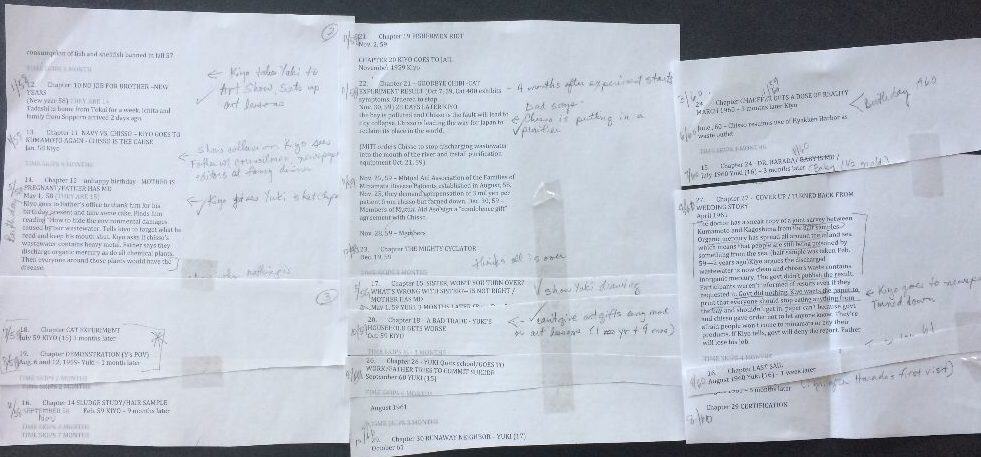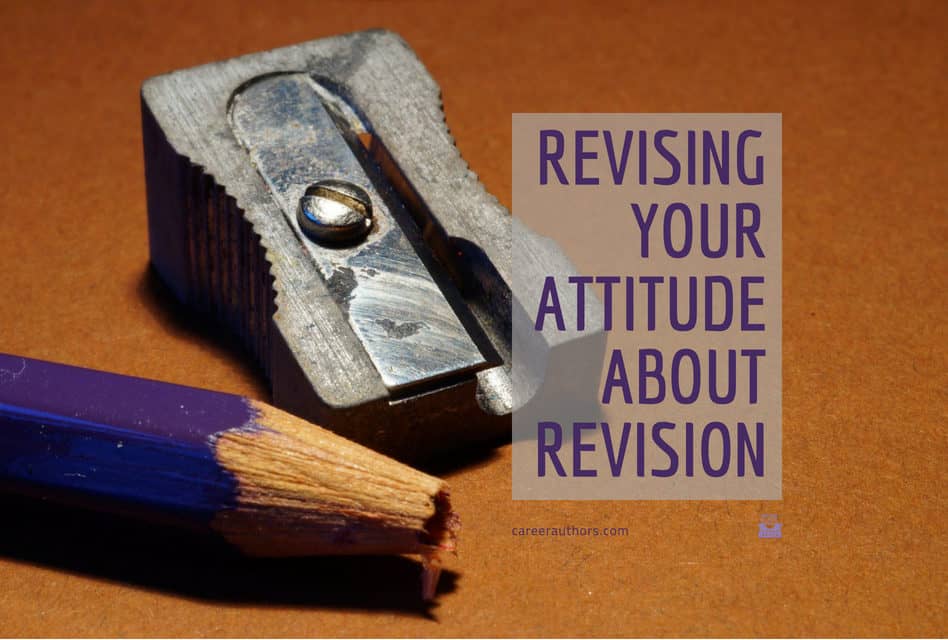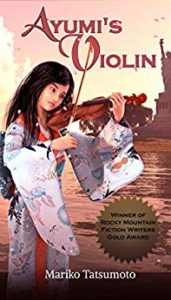Yay, you’ve finished your book! Completing a manuscript is hard work. You’ve slaved for months, perhaps years, so stretch, take a nap, and dream about becoming a bestselling author. I started three novels before finally finishing one, so congratulate yourself.
Now comes the very important task of polishing and making your book shine. Revision. It may sound daunting, but don’t let your effort of creating a kick-ass plot and captivating characters go to waste. Go the extra mile: revise and edit, edit, edit. It’ll be worth it.
But it’s not always easy. The revisions I had to make on my current project almost made me give up—the book, not writing.
Recently I sent my agent a manuscript of a young adult novel, Betrayed, based on the worst environmental disaster in Japan to date. I wrote about the mercury poisoning and the devastation to the ocean and the people living near the polluting factory as accurately as possible. Most of the characters are fictitious. I read books and watched documentaries about the disaster before formulating the plot. I worked on it a year, had a few friends critique it, and revised it several times before sending it to my agent. I thought it was good.
So I was sorely disappointed when my agent pointed out problems with Betrayed, such as weak relationships between the characters, the goals and desires of the characters not being clear, needing to make the book more emotionally impactful, and more.
I sighed long and mournfully and went back to work. Over a course of a month, I corrected the issues and resent the revised manuscript to my agent. I looked forward to receiving an email from her praising it as wonderful.
Instead, she sent my manuscript back to me through the USPS mail. She’d printed it, pointing out its many flaws.
I’d worked so hard on the previous revision that I didn’t know how I could make further changes. I double-sighed and considered chucking the whole book. I pouted for a few days and decided that the story was too important not to tell.
This time I couldn’t just change the oil and the spark plugs, it was time for a total overhaul.
I had originally kept to the actual timeline, but because the truth was covered up for twelve years, the pacing dragged. For the sake of dramatization, I decided I had to shorten the time span. But how?
I started by printing a very cryptic chapter outline and cut it up so that each chapter was a strip of paper.

I rearranged the chapters to keep the plot moving faster and taped them in a new order. This was not easy because the two protagonists are teenagers and how they aged and developed had to be rewritten.
Using my taped-up outline, I rewrote a more comprehensive chapter synopsis, moved the right margin in to leave room for handwritten notes, and printed it. I changed the timeline and wrote the new dates in the left margin next to each chapter. After I made notes of scenes to add and changes to make, I rewrote the manuscript from scratch.
You might think you can’t make your manuscript better than it is, but you can if you’re willing to re-see it, take it apart, analyze what’s working and what’s not, and put it back together again in a completely new configuration. Sound like a lot of work? It is.
I sent Draft 6 of Betrayed to my agent last week. It’s definitely perfect this time.
Mariko Tatsumoto emigrated from Japan with her family when she was eight. Before becoming an author, she became the first Asian woman attorney in Colorado. She writes Middle Grade and Young Adult novels in a small mountain town. Her action-packed YA novel, Gutless, based on the true events of the 2011 tsunami in Japan, won the 2018 Paterson Prize for Books for Young People and was a Colorado Authors’ League Award Finalist. Her Middle Grade Historical Fiction, Ayumi’s Violin, won the Rocky Mountain Fiction Writers Gold Award, garnered the Paterson Prize for Books for Young People Honorable Mention, was named one of Colorado’s Powerful Reads, and was a Colorado Authors’ League Award Finalist.







